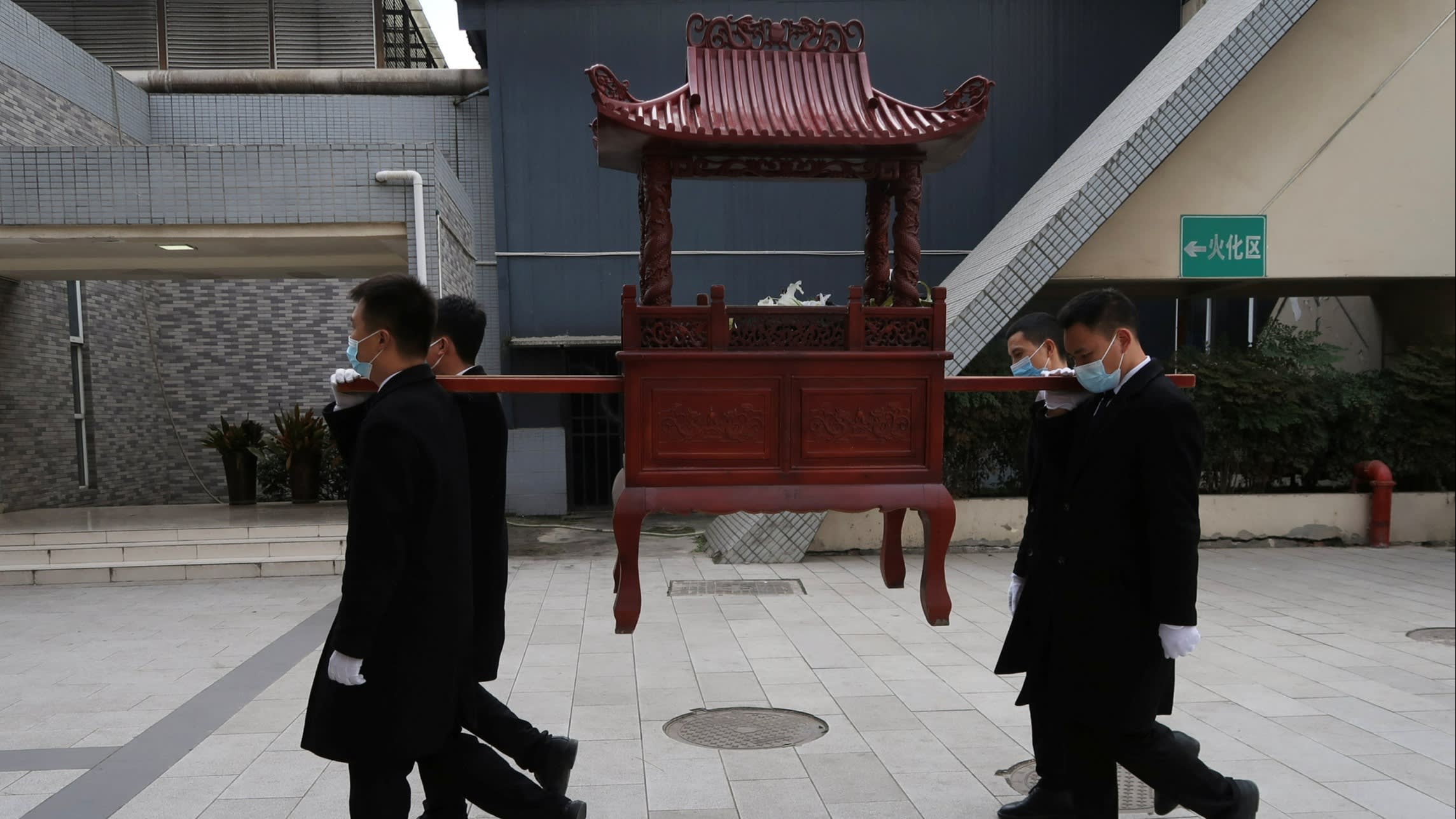China’s Covid patients face medical debt crisis as insurers refuse coverage
Chinese patients suffering from Covid-19 are struggling under mounting medical bills after state-backed health insurance schemes reduced or dropped coverage in response to an unprecedented wave of infections sweeping across the country.
At least 14 Chinese cities and provinces have stopped providing free treatment for coronavirus after Beijing abruptly rolled back its zero-Covid strategy last month, according to local government announcements. For three years, Chinese patients had received subsidised care for the virus.
Hospitals in Shanghai and Guangzhou are instead charging Covid patients with severe cases up to Rmb20,000 ($3,000) — about five months of income for an average urban resident — per day for intensive care, adding fears of onerous medical debt to the risk of infection. Insurance companies have been reluctant to approve Covid-related claims after previously selling tens of millions of low-cost plans as the industry seeks to avoid liability for enormous payouts during an “exit wave” of cases.

A doctor at Shanghai No 10 Hospital said staff had been instructed by the city’s health commission to limit Covid diagnoses. “We are advised to label most cases as respiratory infection,” the doctor said.
“The outbreak happened so quickly that authorities didn’t have time to draw up an action plan,” said a Beijing-based adviser to the National Health Commission. “What is certain is that the government can’t afford to treat everyone for free.”
This story originally appeared on: Financial Times - Author:Wang Xueqiao

























